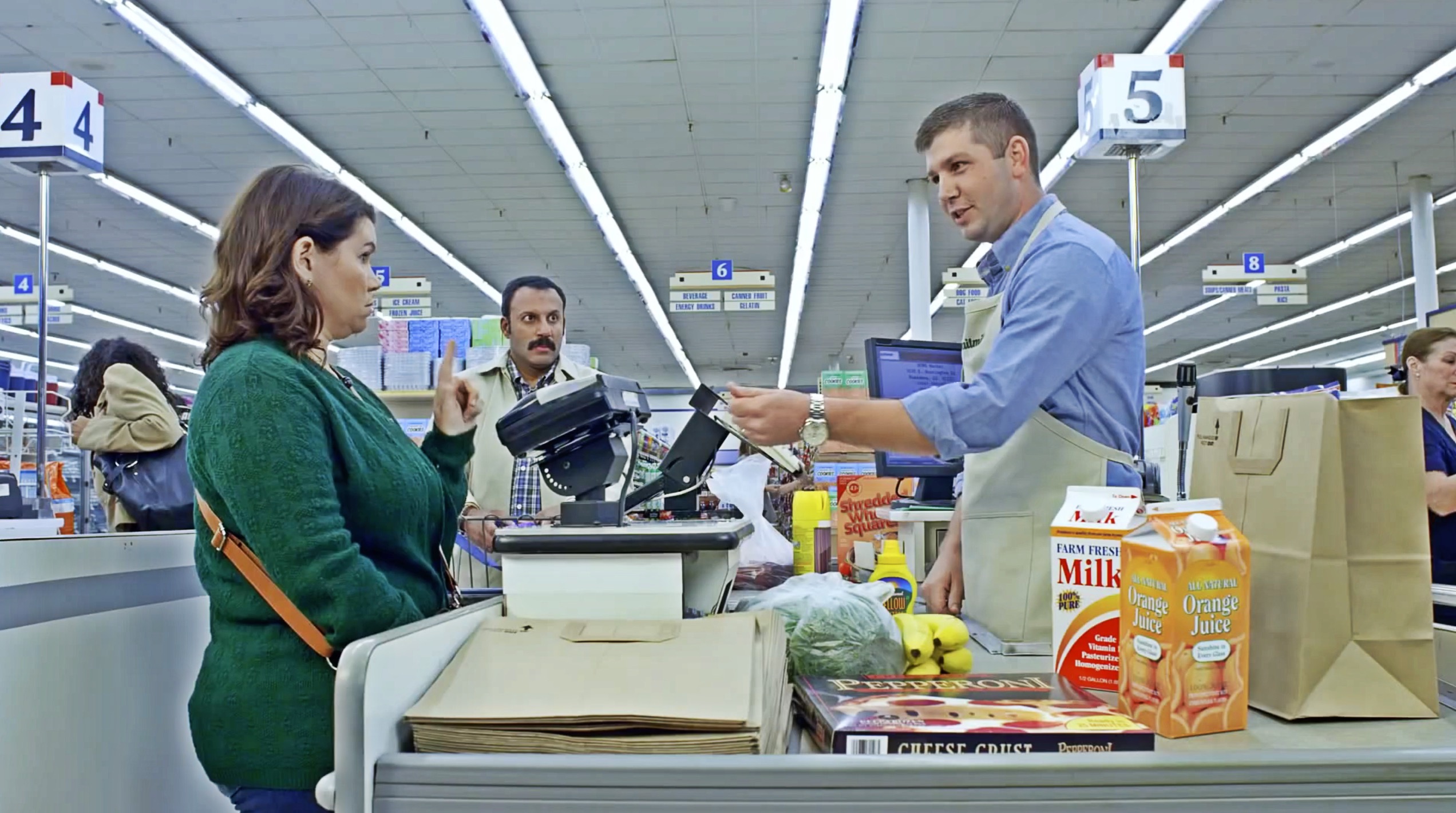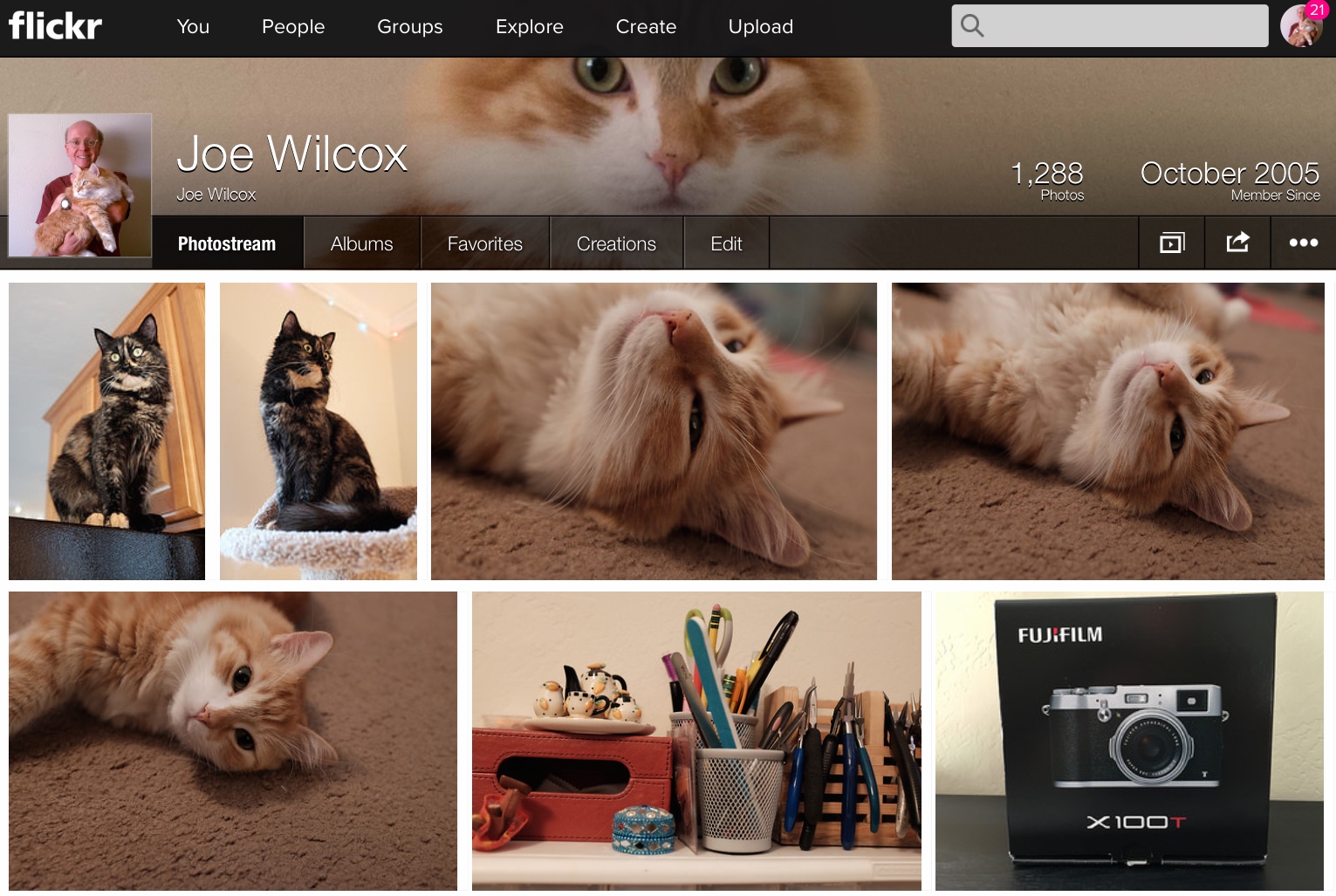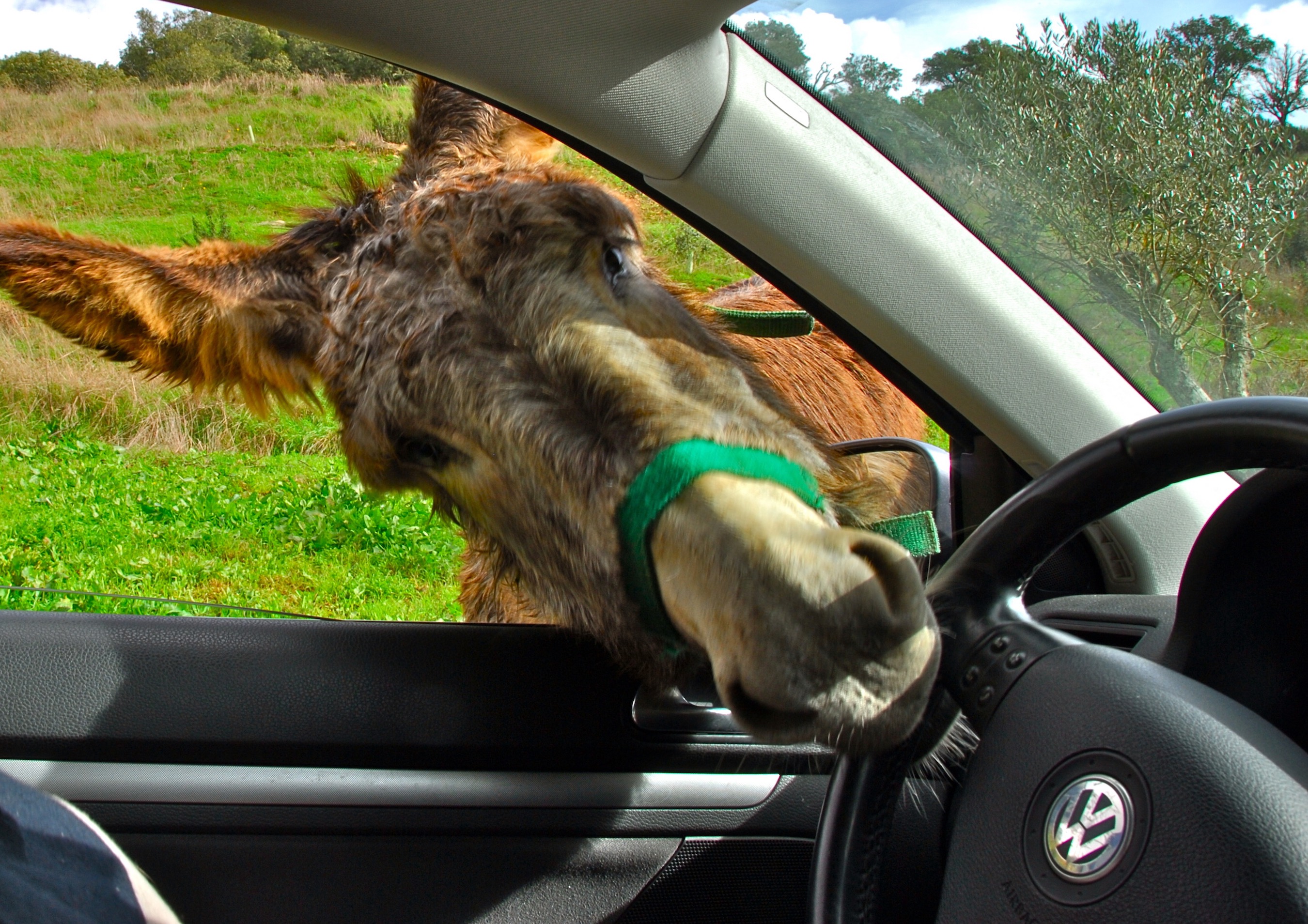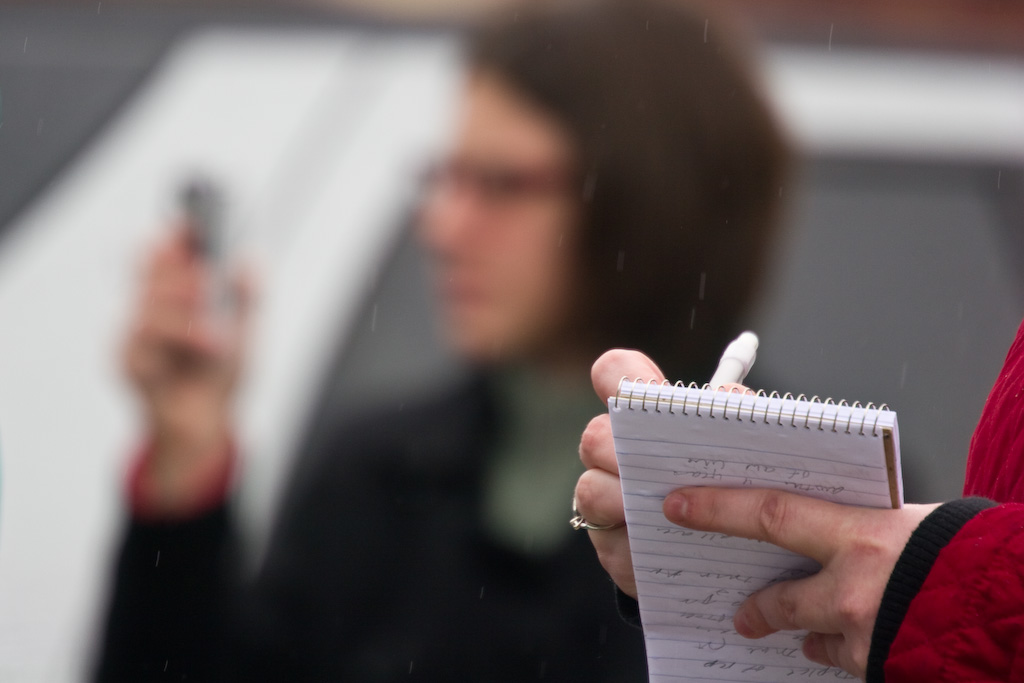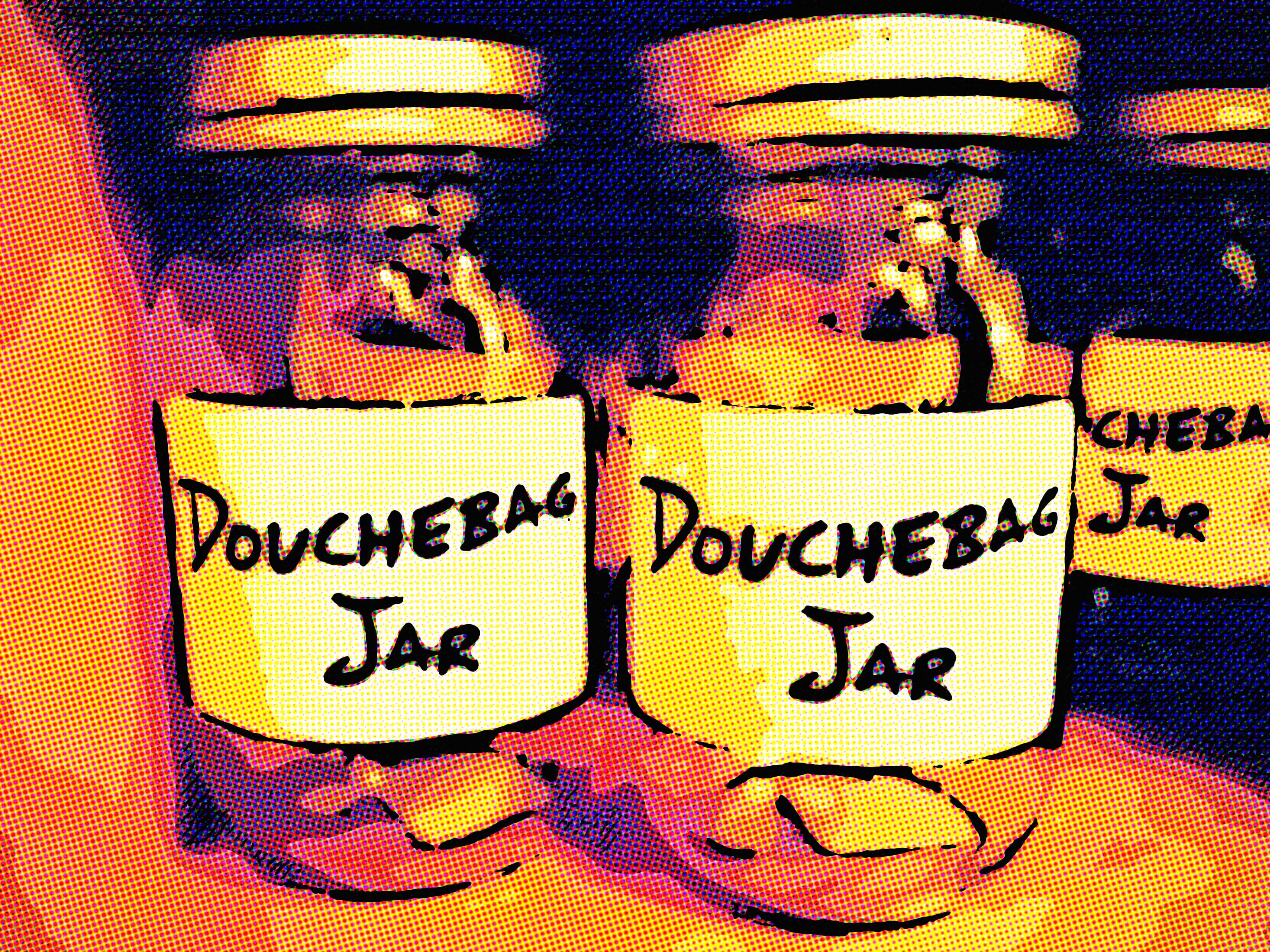Closing the storytelling loop from my thinking-out-loud writing, an update: I let my Flickr Pro account renew on December 6. That may surprise some people after I questioned the photo-sharing service’s trustworthiness for plans to resell Creative Commons Commercial images and for recommending that anyone concerned should change the license (technically CC isn’t revocable when applied).
I seriously considered closing down my Flickr, and moving everything to my SmugMug or even to 500px. But something stung my ambitions. I still believe in Yahoo, and announcements yesterday and today—mobile developer conference and new opportunity for advertisers—demonstrate a company in upward motion. My oldest online identity is with Yahoo. Call me sentimental, even though my Yahoo mail account collects more spam than all the others combined by several times. That given I rarely use the address.

